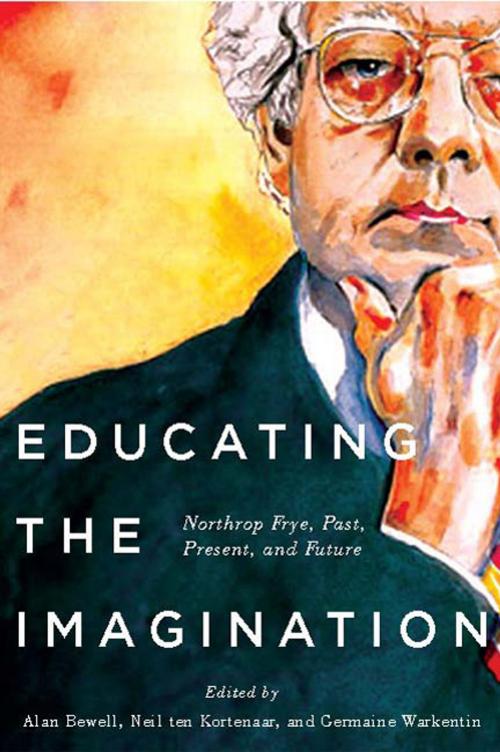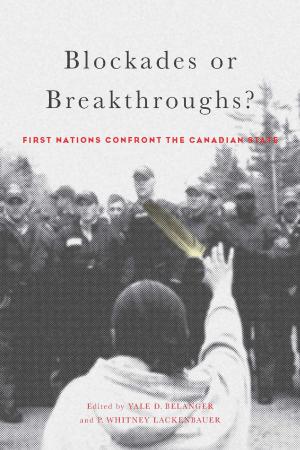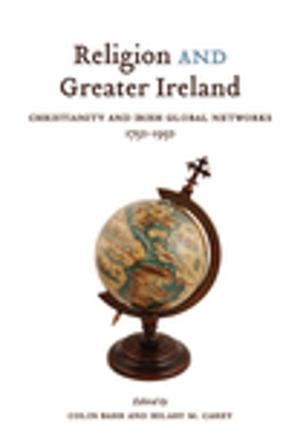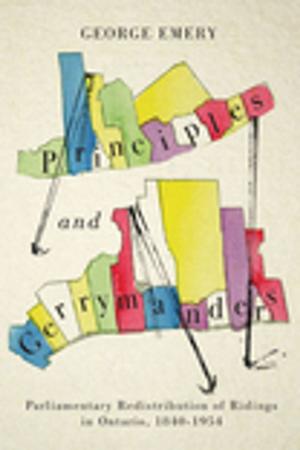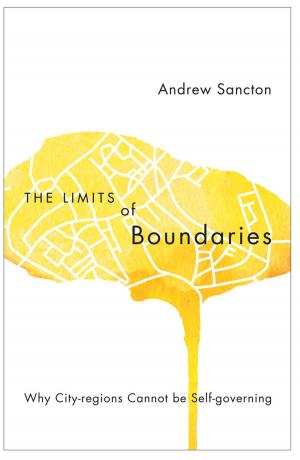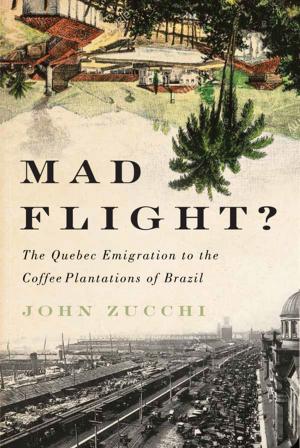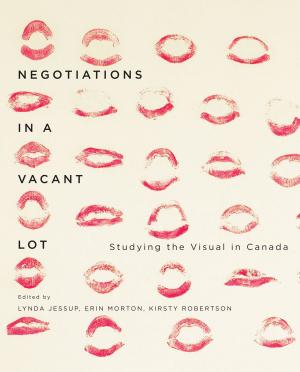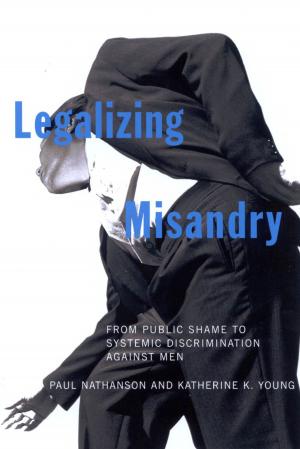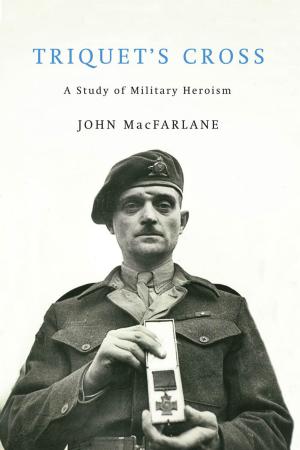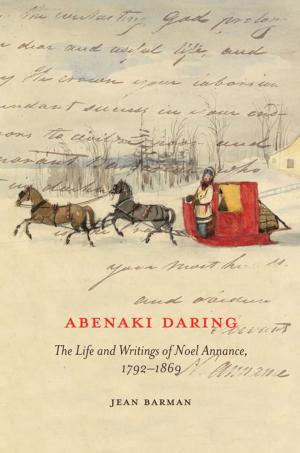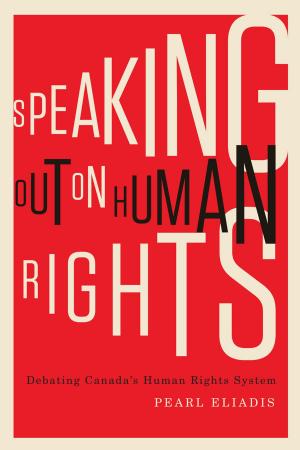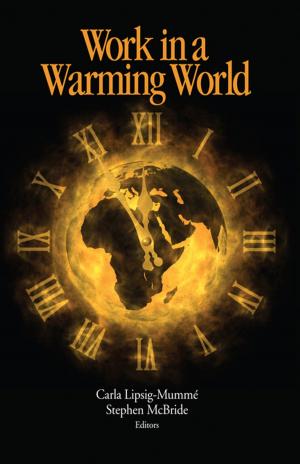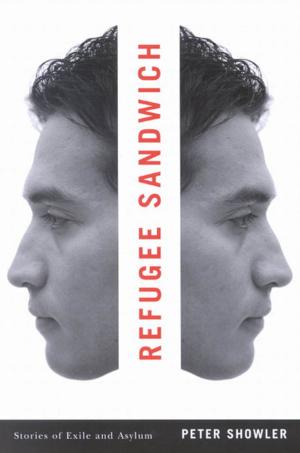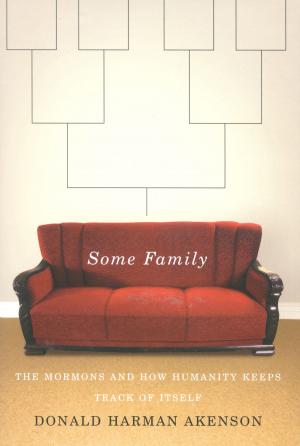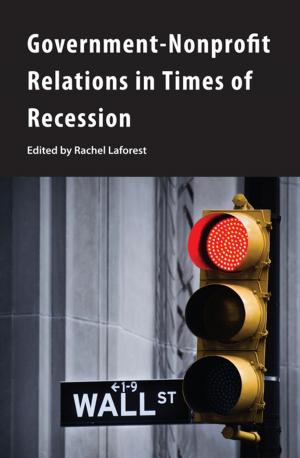Educating the Imagination
Northrop Frye, Past, Present, and Future
Fiction & Literature, Literary Theory & Criticism, Canadian| Author: | ISBN: | 9780773597372 | |
| Publisher: | MQUP | Publication: | October 1, 2015 |
| Imprint: | MQUP | Language: | English |
| Author: | |
| ISBN: | 9780773597372 |
| Publisher: | MQUP |
| Publication: | October 1, 2015 |
| Imprint: | MQUP |
| Language: | English |
Northrop Frye's long career made him Canada's most creative public intellectual. A century after his birth, his many books demonstrate a powerful vision of the resources of the human imagination. Frye's critical theory sought the continuities linking human creation in all spheres of life, trusting in the idea of a single human community sharing myths, stories, and images that express shared visions and desires. The essays in Educating the Imagination illustrate the extraordinary range of Frye's ideas. Robert Bringhurst examines how Frye mapped the mind, Ian Balfour considers what "belief" meant for Frye, and Gordon Teskey re-examines two of the critic's great subjects - Blake and Milton. Michael Dolzani and Thomas Willard discuss Frye's symbolism, and Robert Tally looks at his utopianism. A strong thread running through all the essays is Frye's interest in the Romantic era, as Mark Ittenson shows. Three essays pair Frye with other titans of the time: Fredric Jameson, Paul de Man, and Jacques Derrida. Troni Y. Grande examines a gender issue in Frye's theory of tragedy, and J. Edward Chamberlin concludes by relating Frye's writings to songs, ceremonies of belief, and the common ground that they represent across cultures. Engaging with significant matters of contemporary concern, Educating the Imagination provides a renewed understanding of Northrop Frye and the fertility of his ideas about the imagination and society. Contributors include Ian Balfour (York), Robert Bringhurst, Adam Carter (Lethbridge), J. Edward Chamberlin (Toronto), Alexander Dick (British Columbia), Michael Dolzani (Baldwin Wallace), Troni Y. Grande (Regina), Mark Ittensohn (Zurich), Garry Sherbert (Regina), Robert T. Tally, Jr., (Texas State), Gordon Teskey (Harvard), and Thomas Willard (Arizona).
Northrop Frye's long career made him Canada's most creative public intellectual. A century after his birth, his many books demonstrate a powerful vision of the resources of the human imagination. Frye's critical theory sought the continuities linking human creation in all spheres of life, trusting in the idea of a single human community sharing myths, stories, and images that express shared visions and desires. The essays in Educating the Imagination illustrate the extraordinary range of Frye's ideas. Robert Bringhurst examines how Frye mapped the mind, Ian Balfour considers what "belief" meant for Frye, and Gordon Teskey re-examines two of the critic's great subjects - Blake and Milton. Michael Dolzani and Thomas Willard discuss Frye's symbolism, and Robert Tally looks at his utopianism. A strong thread running through all the essays is Frye's interest in the Romantic era, as Mark Ittenson shows. Three essays pair Frye with other titans of the time: Fredric Jameson, Paul de Man, and Jacques Derrida. Troni Y. Grande examines a gender issue in Frye's theory of tragedy, and J. Edward Chamberlin concludes by relating Frye's writings to songs, ceremonies of belief, and the common ground that they represent across cultures. Engaging with significant matters of contemporary concern, Educating the Imagination provides a renewed understanding of Northrop Frye and the fertility of his ideas about the imagination and society. Contributors include Ian Balfour (York), Robert Bringhurst, Adam Carter (Lethbridge), J. Edward Chamberlin (Toronto), Alexander Dick (British Columbia), Michael Dolzani (Baldwin Wallace), Troni Y. Grande (Regina), Mark Ittensohn (Zurich), Garry Sherbert (Regina), Robert T. Tally, Jr., (Texas State), Gordon Teskey (Harvard), and Thomas Willard (Arizona).
